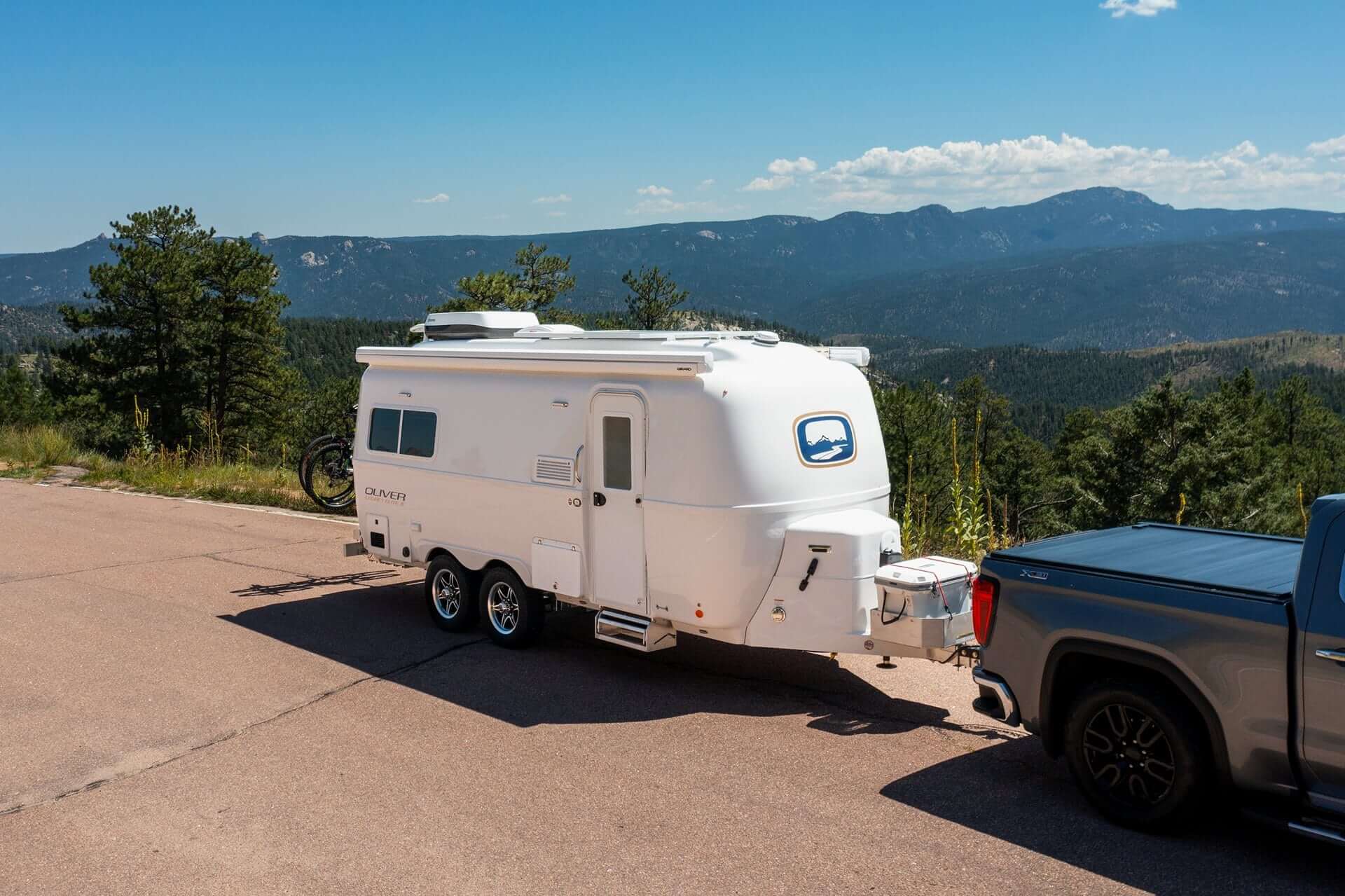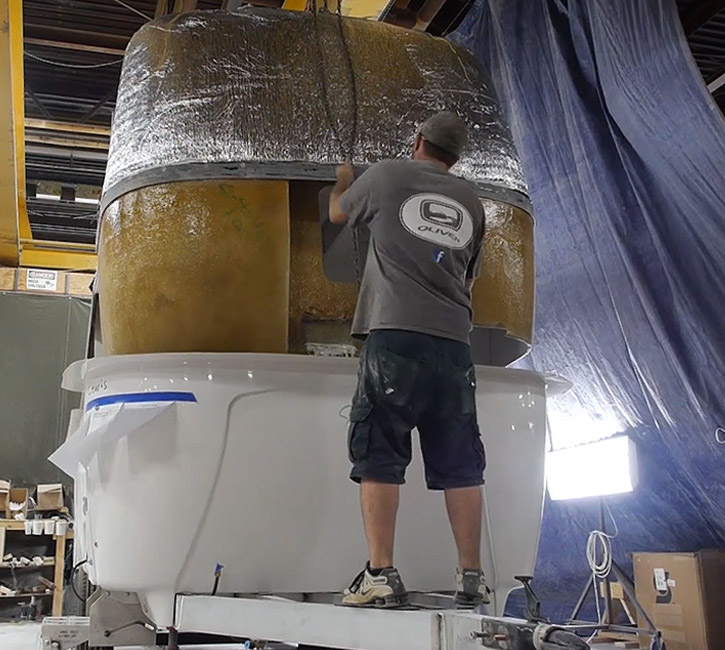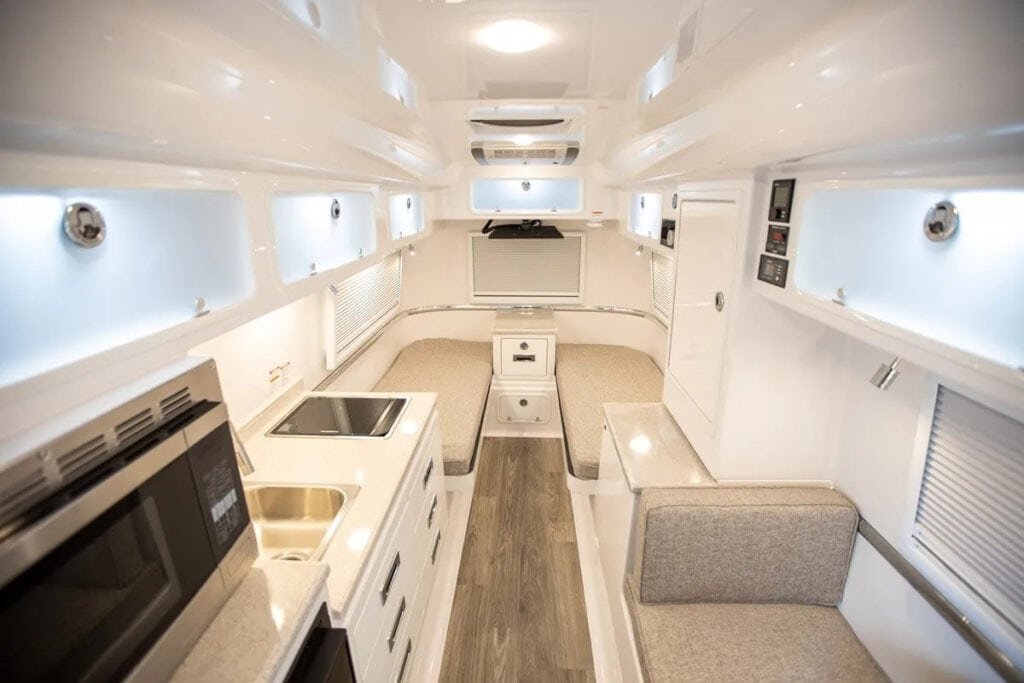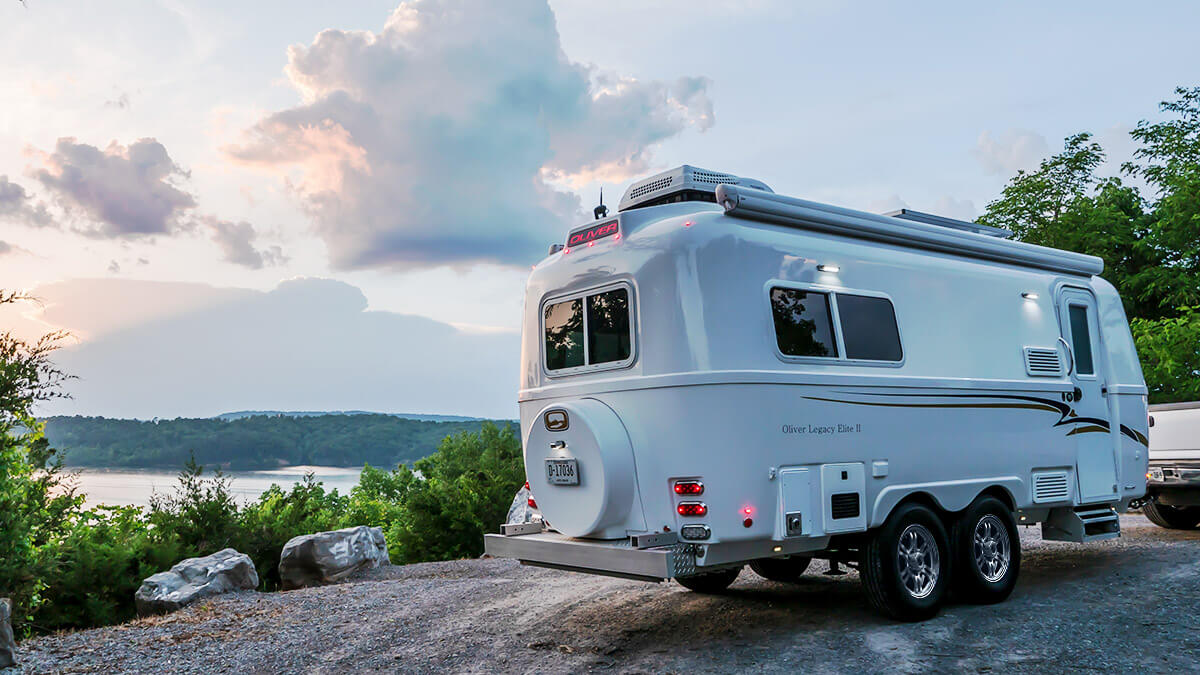How Building Materials Can Affect Your Camping Experience
Building materials are important for your outdoor experiences. The materials you choose for your gear can impact your comfort, safety, and enjoyment outdoors. By understanding the features of different materials, you can make better choices for your trips.
When choosing a travel trailer, the options are virtually limitless. You can choose from different types of campers. Lightweight fiberglass campers have a sleek and modern design. Sturdy stick-built trailers offer a traditional feel and plenty of space inside. Aluminum trailers are popular among adventurers because they are durable and resist corrosion. Each type of trailer has unique advantages and drawbacks, and navigating through these choices to find the perfect fit for your travel needs can feel overwhelming.
Oliver Travel Trailers is Setting the Standard
Oliver is known for making high-quality, durable fiberglass RVs. Their trailers are built to last and can withstand the test of time. Their unique molded fiberglass construction sets them apart from other brands, which offers advantages you won’t find in traditional stick-built or aluminum trailers.
One main benefit of Oliver’s construction is its durability. Fiberglass is strong and resilient, which makes it great for trailers that face rough terrain and bad weather. As a result, buying an Oliver and you are less likely to have leaks, cracks, or dents than trailers made from other materials.
Oliver’s double-hulled construction is strong and well-insulated. The molded shell keeps the trailer cool in hot weather and warm in cold weather. This can lead to lower energy costs and a more comfortable living space for people inside the trailer.



These Travel Trailers are strong, well-insulated, and stylish. Their smooth fiberglass shell makes them look modern and different from regular stick-built or aluminum trailers. Their sleek design is aerodynamic and gives them a futuristic appearance. This striking aesthetic, combined with exceptional durability and insulation, positions Oliver as the premier choice for those who prioritize elegance and reliability in their adventures.
Advantages of Aerodynamic Design and Durability
Fiberglass RVs like those produced by Oliver are highly sought after for their aerodynamic design and ease of use and maintenance, which are critical factors in their superior fuel efficiency. The sleek and seamless lines of the molded fiberglass shell reduce wind resistance while on the road, resulting in better gas mileage than traditional stick-built or aluminum trailers.
Oliver’s shape reduces air resistance, making them suitable as fuel prices increase. Fiberglass is strong and resistant to damage, making them a wise long-term investment for frequent travelers. The sturdy fiberglass shell is less likely to get dents, scratches, or other damage during trips or while parked. This means less maintenance and are more likely to keep their appearance and value over time.
Stick-Built: Traditional Construction with Drawbacks
Stick-built trailers use standard framing and paneling methods. They might cost less upfront than fiberglass, but they have some drawbacks that can affect their long-term reliability and performance.
One major issue with stick-built trailers is that they can develop leaks and structural problems over time. The seams and joints in these trailers can allow water to get in, leading to water damage and mold growth. This can harm the trailer’s integrity and lead to costly repairs and maintenance. In the long run, you might spend more in 10 years on a stick-built trailer than on a high-quality fiberglass camper, which requires only some maintenance.
Also, stick-built trailers are not as aerodynamic as fiberglass ones. Their design can reduce fuel efficiency while driving. This means that owners of stick-built trailers may face higher fuel costs, especially on long trips.
While stick-built trailers may seem cheaper at first, they come with issues like leaks, structural weaknesses, reduced fuel efficiency, and towing restrictions.
Aluminum: Lightweight but Less Durable
Aluminum trailers are another popular choice known for their lightweight and rust resistance. However, fiberglass is more sturdy and durable. Aluminum trailers may suit occasional travelers who prioritize weight and ease of towing over long-term durability. Oliver Travel Trailers has devised an ingenious design to make towing a breeze.
Environmental Impact: Fiberglass’ Eco-Friendly Edge
When considering camper trailers’ environmental impact, fiberglass has some benefits over stick-built or aluminum trailers. Fiberglass uses less material waste during construction than traditional stick-built trailers. Molding fiberglass into shape creates fewer scraps, leading to a better use of resources and a more minor environmental impact.
Fiberglass campers are an eco-friendly choice for travelers. Made from recyclable materials, they help reduce waste and lower carbon footprints, supporting sustainability in the RV industry.
Fiberglass is an excellent choice for campers because it is strong, easy to care for, and built to last. It resists weather and wears better than traditional materials like wood or aluminum. Fiberglass trailers have a sleek and modern design, making them popular for campers who want a stylish and comfortable experience.
Fiberglass is repairable, unlike aluminum. The owner can easily fix scratches, dents, and punctures, often right in their garage. For more extensive damage, an RV or fiberglass shop can carry out professional repairs.
Regular maintenance can extend the life of your model to up to 20 or more years, but other factors influence the lifespan of a travel trailer. These include the travel frequency, the terrain you navigate, and more.
Conclusion: Making the Right Choice
In conclusion, when choosing between fiberglass, stick-built, and aluminum trailers, weighing their pros and cons is essential. Fiberglass RVs, particularly Oliver Travel Trailers, are notable for durability and eco-friendliness. The best option depends on your travel needs and priorities.

